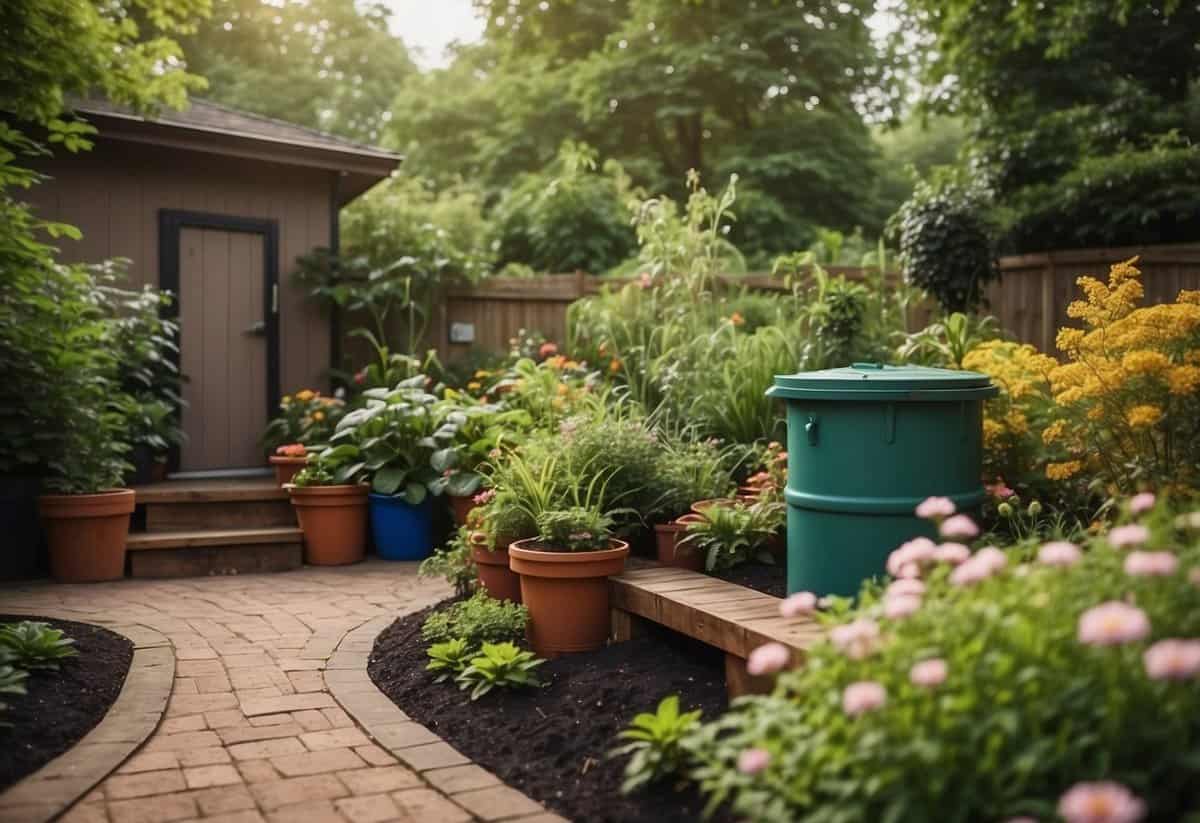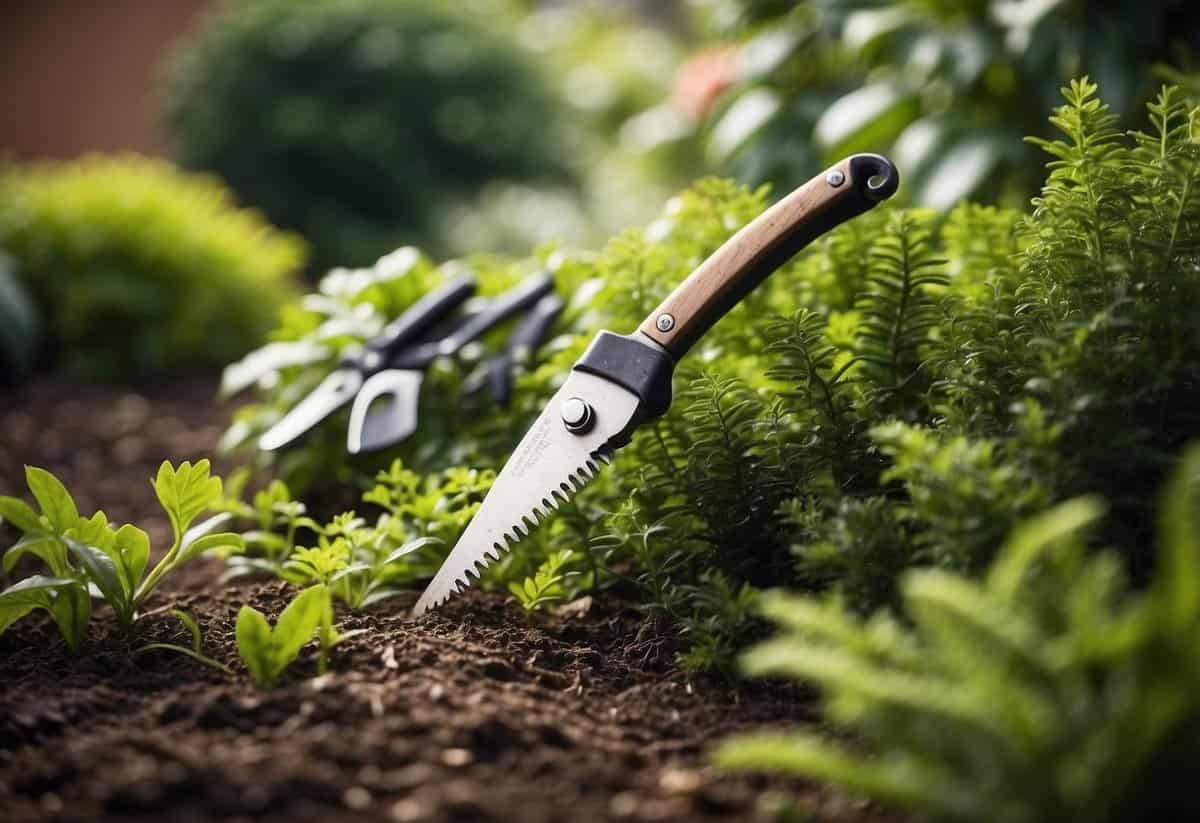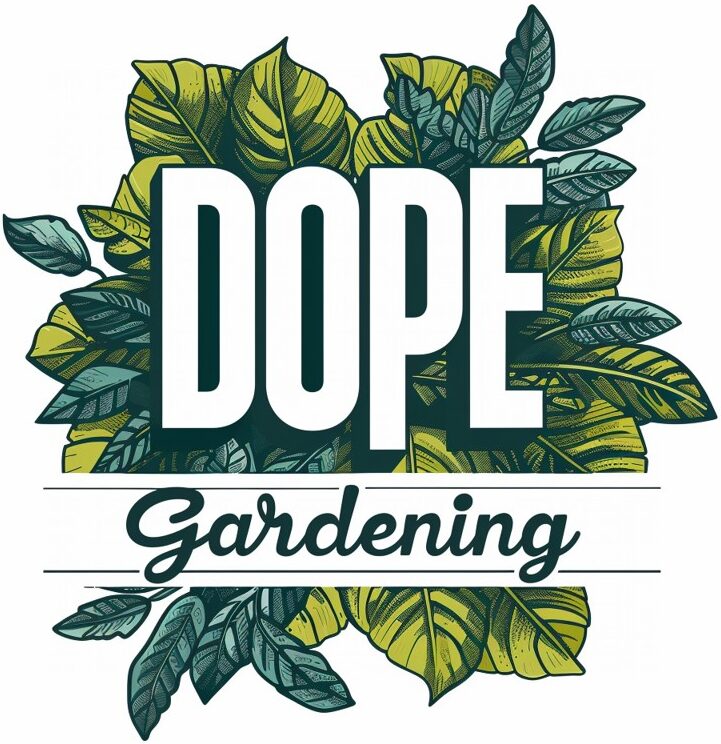Healthy Garden Tips: Easy Ways to Grow Your Best Plants
Gardening can be a rewarding hobby, giving you both beautiful scenery and fresh produce. Understanding how to maintain a healthy garden is key to ensuring your plants thrive all season long. From soil preparation to pest control, there are many important aspects to consider.

Why struggle with garden woes when you can implement simple, effective tips to enhance plant health and yield? This article will guide you through some of the best practices for nurturing your garden, helping you grow vibrant, resilient plants that flourish in any environment.
1) Mulch with Organic Matter

Using organic mulch is great for your garden. It helps retain soil moisture and keeps weeds down. Grass clippings are an accessible material you can use.
Another good option is compost. It improves soil tilth and reduces weeds. Spread a 1-4 inch layer of compost around your plants.
Make sure to keep mulch away from plant stems to avoid rot. Lightly water it to help settle it and start enriching your soil.
2) Plant companion herbs

Planting companion herbs in your garden helps plants thrive.
For example, basil repels pests like whiteflies and mosquitoes, making it a great companion for tomatoes, peppers, and lettuce.
Marjoram can improve the growth and flavor of many vegetables and herbs like celery, oregano, and thyme.
Try planting parsley near rosemary, sage, and thyme to boost garden health.
You can learn more about marjoram and its benefits here.
3) Use a rain barrel

Rain barrels are a great way to collect and store rainwater for your garden. They help conserve water and reduce your water bill.
Rainwater is better for your plants because it is naturally soft and free of chemicals. You can learn more about the benefits from Gardening Etc.
Make sure to clean your rain barrel regularly. Simple steps like using mild detergent and checking for leaks can keep it in top shape, as suggested by Vegetable Gardening News.
4) Rotate crops annually

Rotating crops every year helps keep your garden healthy. By moving plants to different spots, you prevent pests and diseases from building up in the soil.
When you rotate crops, you also balance soil nutrients. Different plants need different nutrients and give back others. This makes your soil richer and more fertile over time.
Crop rotation reduces insects that live in the soil and target certain plants. This way, your crops have a better chance to thrive.
5) Prune Regularly

Pruning your plants is key to promoting healthy growth and improving the look of your garden. By cutting back excess branches, you help your plants focus their energy on growing stronger and producing more flowers and fruits.
Regular pruning also helps manage the size and shape of your plants, keeping them from becoming too big or messy. For tips and techniques, visit this detailed guide on pruning.
Remember, where and how you cut matters. Prune strategically to shape your plants the way you want them to grow. This way, your garden stays neat and your plants thrive.
6) Test soil pH

Testing your soil pH is essential for a healthy garden. Many plants prefer slightly acidic to neutral soil, usually with a pH range of 6.0-7.0.
You can use a soil pH meter, which is easy and quick to use.
Alternatively, try a home test by mixing soil with distilled water and using baking soda or vinegar. If the mixture with baking soda bubbles, your soil is acidic. If the mixture with vinegar bubbles, it is alkaline. Both methods can help you adjust pH levels to suit your plants’ needs.
7) Use natural pest control

Keeping pests away without harsh chemicals is easy. Simple methods like using food-grade diatomaceous earth can help. Sprinkle it around plants to create a barrier for crawling insects.
You can also maintain a clean garden by removing leafy debris and dead foliage. This keeps pests from having hiding spots.
Another tip is to cover your soil with mulch. This prevents weed growth and keeps your garden healthy.
8) Compost Kitchen Waste

Turn your kitchen scraps into rich compost to nourish your garden. Save vegetable scraps, fruit peels, coffee grounds, and eggshells.
Balance your compost by mixing green materials like kitchen waste with brown materials like dry leaves and paper. This helps with decomposition and prevents bad smells.
Bury kitchen scraps at least eight inches deep to keep pests away. You can find more tips on composting kitchen scraps.
9) Group plants by water needs

Grouping plants with similar water needs can save you time and water. For example, native plants are usually well-suited to your local climate and require less watering.
Place thirsty plants near your house where you can easily monitor them. Use drought-tolerant plants like succulents and Mediterranean species in areas that are harder to reach.
This approach helps prevent over-watering and keeps your garden looking its best with minimal effort.
10) Install a Drip Irrigation System

Drip irrigation can save you time and water. It delivers water directly to the plant roots. This means less waste and healthier plants.
Start by laying out your headers. Connect the headers to a water source using a garden hose. Make sure the connection is secure and leak-free.
Next, punch holes in the line for drip emitters. Place the emitters close to your plants. Use an emitter tool to make this easier.
Control water flow with shutoff valves. These can be added to fit different tubing sizes. For more convenience, connect your system to a hose-end timer for automated watering.
Soil Health

Maintaining healthy soil is vital for any successful garden. Key practices such as composting and using natural fertilizers can substantially improve soil quality, leading to thriving plants.
Composting Benefits
Composting is an effective way to enrich your garden soil. By recycling kitchen scraps and yard waste into compost, you create a nutrient-rich material that improves soil structure. Compost adds essential nutrients like nitrogen, phosphorus, and potassium, which plants need to grow.
Adding compost enhances soil’s water retention, reducing the need for frequent watering. Furthermore, it helps improve soil aeration, allowing roots to breathe and grow stronger. The microbial activity in compost also helps break down organic matter, making nutrients more available to plants.
Creating a compost pile involves mixing green materials (like vegetable scraps) and brown materials (like dried leaves) in layers. Turn the pile regularly to aerate it and speed up decomposition.
Natural Fertilizers
Natural fertilizers are another key component of maintaining soil health. These fertilizers come from natural sources, like composted manure or plant-based fertilizers. They slowly release nutrients into the soil, ensuring continuous plant growth.
Manure must be aged before using it on your garden to avoid harming plants. Well-aged manure improves soil fertility by adding organic matter and nutrients. It also enhances soil structure, making it easier for plant roots to penetrate.
Plant-based fertilizers like alfalfa meal or seaweed are also beneficial. These fertilizers provide trace minerals and stimulate microbial activity in the soil. They are less likely to cause nutrient imbalances and are gentle on plants.
Incorporate these natural fertilizers by mixing them into the soil before planting. This helps ensure that nutrients are available to plants as they grow.
Watering Techniques

Proper watering techniques are essential to keep your garden healthy. We’ll look at drip irrigation and water conservation methods to help your garden thrive.
Drip Irrigation
Drip irrigation is a method where water drips slowly to the base of the plant. This can be done with hoses that have tiny holes or using drip lines. It’s great because it delivers water directly to the roots, reducing evaporation.
This method also helps minimize soil erosion. Drip irrigation systems can be set up on timers, which means you can water your plants even when you’re not at home. It’s efficient, saving both water and time, and is especially useful for larger gardens.
Water Conservation Methods
Water conservation in gardening is about using water wisely. One way is to water your garden early in the morning or late in the evening. This reduces water loss due to evaporation, which is high during the hottest parts of the day.
Mulching is another effective method. By placing a layer of mulch around your plants, you can help the soil retain moisture. Also, consider using rain barrels to collect rainwater. This is an excellent way to water your garden without relying on tap water, and it’s an environmentally friendly option.
Pest Control

Keeping your garden healthy involves more than just watering and soil care. Consider natural methods to control pests and attract beneficial insects to maintain a balanced ecosystem.
Organic Pest Deterrents
Using natural deterrents can help keep pests away without harming your plants. Keeping your garden clean by removing dead foliage and decaying plant material can reduce hiding places for insects. Try using sprays made from neem oil or garlic. These natural substances can deter many pests.
You can also introduce barriers like row covers to protect plants from insects. Coffee grounds around plants can deter slugs and snails. Healthy soil leads to stronger plants, so make sure your soil is rich in nutrients and organic matter.
Companion planting is another effective method. Planting marigolds near tomatoes, for example, can repel aphids and nematodes. Lavender and rosemary can deter pests while attracting pollinators.
Beneficial Insects
Not all insects are harmful. Some can actually help control pest populations. Ladybugs, for example, eat aphids and other harmful insects. Introducing beneficial insects into your garden can reduce the need for chemical pesticides.
Parasitic wasps target and eliminate common pests. You can attract these helpful insects by planting flowers that produce nectar and pollen. Dill, fennel, and parsley are great choices.
Bees are vital for pollination but also help control pests like caterpillars and beetles. Creating a habitat with diverse plants helps attract and sustain these beneficial insects.
Maintaining a balance between pests and beneficial insects helps your garden thrive. Allowing nature to take its course can often solve pest problems naturally.







